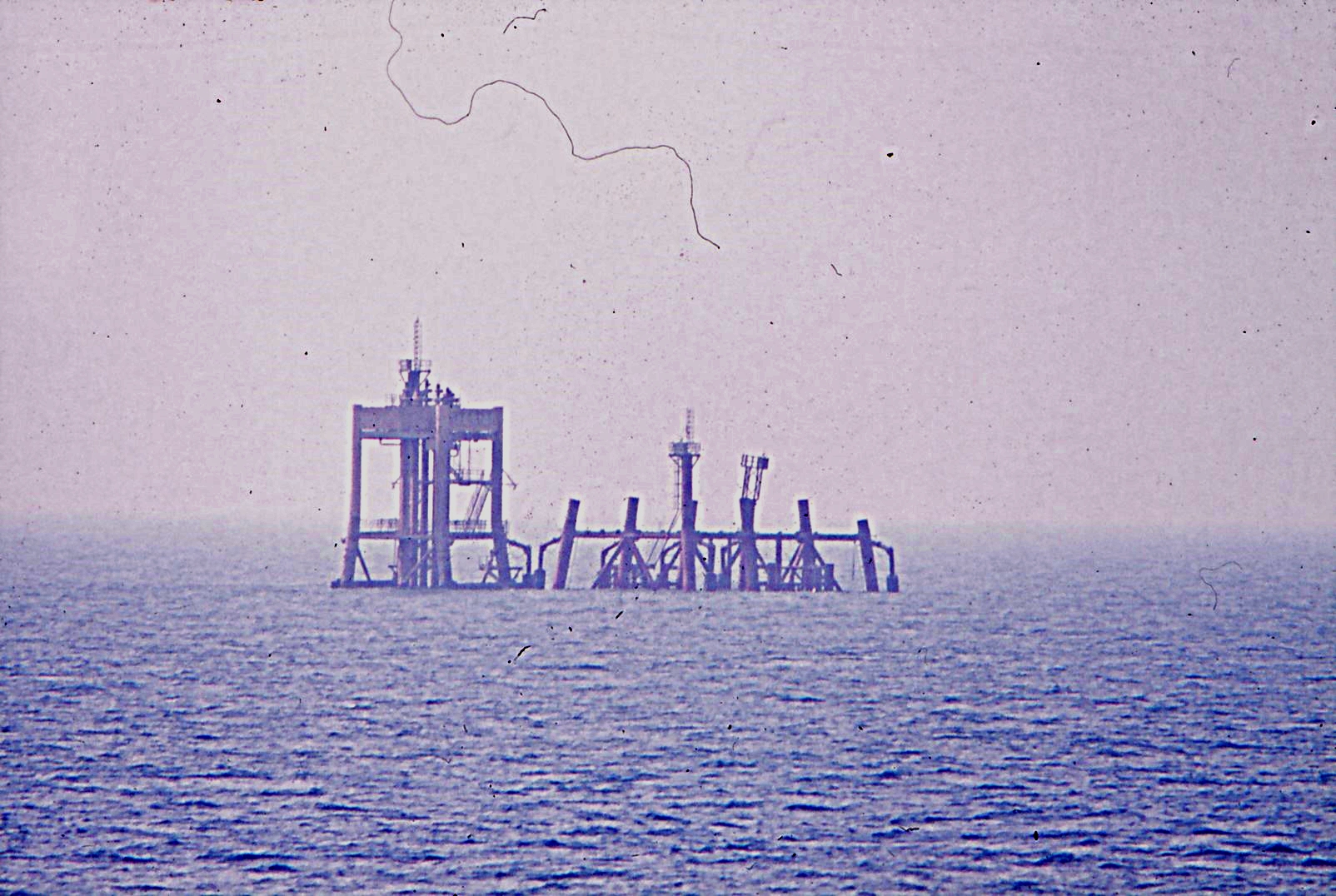Combatting Climate Change requires Environmental Globalism - thinking nationalistically or regionally is not enough to tackle most environmental problemsKeskiviikko 29.1.2020 klo 18.14 - Mikko Nikinmaa Nationalistic movements have gained ground during the recent past – Brexit, “America First” as prime examples. This is a sorry situation, because virtually all environmental problems are global. You can find a pollutant that originates from a factory in New York in a whale caught off the coast of Iceland. The foreign molecules are found in the Antarctic ice. The clothing we wear in European countries causes pesticide pollution, dye pollution, and decreased water availability throughout the cotton-producing countries. The nationalistically thinking circles always forget this, and say that “we are doing our share of combatting environmental problems.” To be able to say this, they should not use any t-shirts which use cotton grown in India and made in a factory in Bangla Desh. In buying and using these clothes the people are outsourcing the environmental pollution. If the nationalistic circles were actually thinking of their responsibility to the environment, they would pay for the expenses needed for proper water treatment in factories producing the clothes or their dyeing units. The global nature of environmental problems is clearest in combatting climate change. For example in Finland the nationalistic circles say that any industrial production in Finland is actually an action against climate change because of the strict environmental standards required here. This is the major point of environmental globalism. The same high environmental standards should be required everywhere on the globe, and the buyers of the products should pay for the improvements of environmental standards. Otherwise the buyers of the products are taking a free ride at the expense of the environment. Naturally it is not the environment we see every day, but the pollutants can later affect our everyday life. |
|
Avainsanat: environmental pollution, energy production, carbon footprint |

